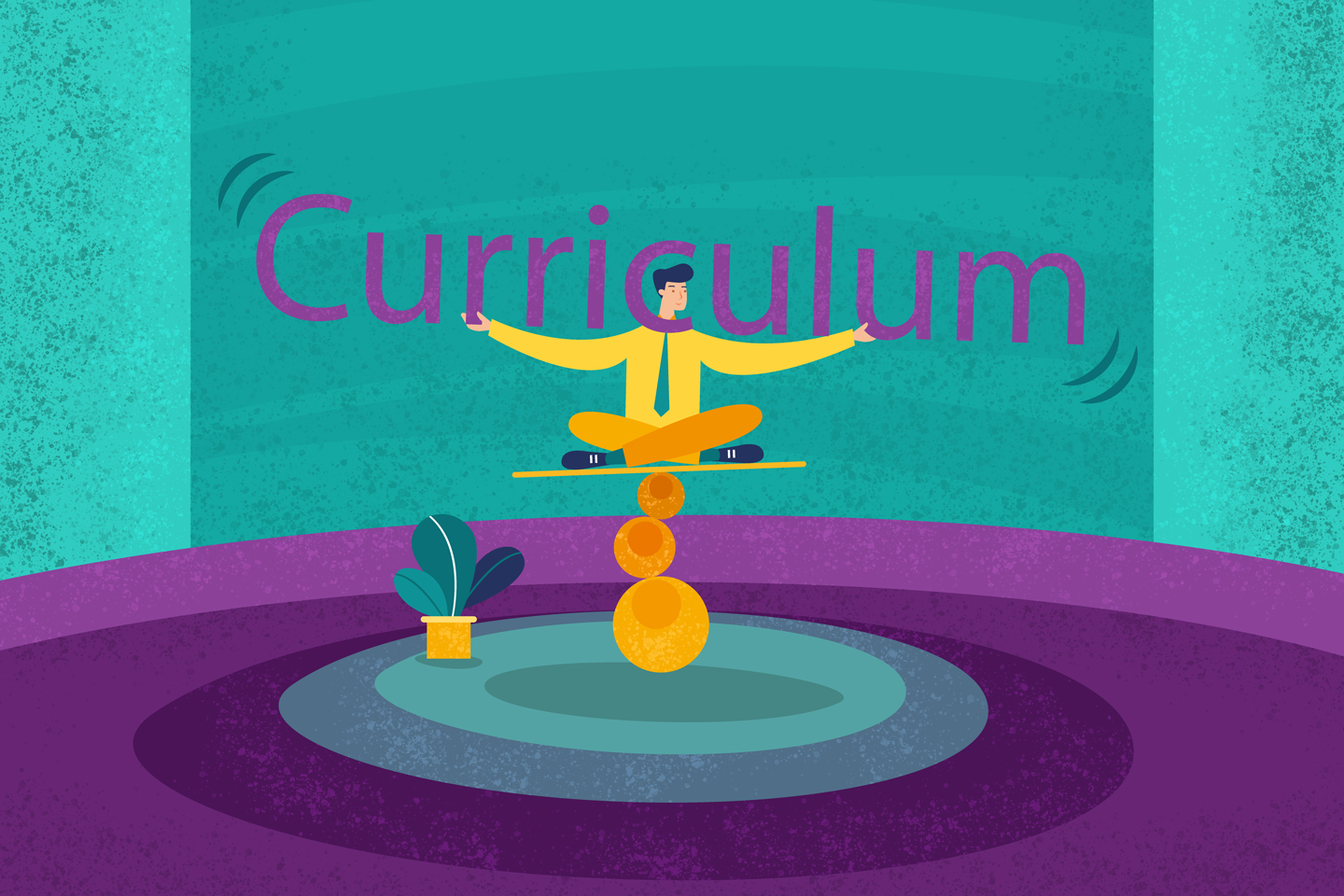IB and A Levels: A Comparison
IB VS A Levels is a debate that has been going on for a while now. Both boards definetly have their perks. IB and A-Level are very different qualifictions, so here an attempt is made to outline the benefits of the qualifications and the type of student they are best suited for.
Subject Wise
A typical A-Level student will be expected to study 4 to 5 subjects at AS-Level and 3 subjects in the A2 year. On the other hand, a student persuing an IB Diploma will be expected to study 6 subjects thru both the years of IB DP. In the A-Level, there is no restriction regarding the choice of subjects (save what is offered by the school). In IB, subjects are segregated into six groups, with students having to pick subjects from a wide variety within these groups. As a result, all IB DP students are expected to study subjects across the Arts and Sciences, whereas A-Level students can focus on subjects in one particular field if they want to.

Both boards have their benefits. Hence if a student wants to specialise on just the Sciences or Arts, the A-Level will be more suitable. If a student wishes to obtain a broad overview of different subject areas, the IB is the better choice.
Higher Studies
Universities generally ask for specific grades on different A-Level subjects, while IB students are normally given an overall points score target. As a result all-rounders tend to do better at IB, where they have the option of picking “easier” subjects in order to boost their points score, while students who excel at specific areas might do better with the A-Level. At A-Level students are graded accrording to the standard A* to U grading system. The IB students are marked on a scale of 1 to 7, with extra points given for an extended essay and a compulsory unit in Epistemology which is the “Theory of Knowledge”.

Usually, a well-rounded student will do better at IB, and will benefit from not having to score specific grades in each subject. Those students who are gifted in specific subject areas should optimally choose the A-Level.
Exam Point of View
All IB exams are conducted at the end of the two year DP course, while the A-Level is split into two, with around half the points coming at the end of the AS-Level. The IB examination period is stressful for all students as all the exams are condensed into a three week period with anywhere up to eighteen exams in the time period. The IB Diploma subjects are split into “Higher Level” which is similar to the A Levels and “Standard Level" which is similar to the AS Level. The only exceptions are Physics, Chemistry and Mathematics, where the Higher-Level course is considered to be significantly more difficult than the A-Level.

Difficulty Levels
With regards to the number of subjects, it is fair to say the IB requires more work than the A-Level. Extra subjects leads to less free periods, i.e. more studying needs to be done at home, and the levels of coursework can be high. The IB requires organisation and work from the start of the course itself as all the exams for six subjects come at the end of the course.

On the other hand, the A-Level is considerably more demanding ans students are often expected to obtain top grades in every subject. Achieving an A* on an A-Level requires achieving 90%+, which requires being consistently at the top of your game across several different examinations.
Balanced Education
The IB students are expected to study a balanced range of subjects, but they are also compelled to study extra-curricular activities and do voluntary work as part of their studies. The extended essay and epistemology elements of the IB add extra plus point.

A qualification is only useful if it benefits the student studying it, and whether or not it is in line with the personality and ambitions of the student. Overall, IB is more academically rigorous, and scoring high on the IB is more of an indicator of the student's hard work and academic ability when compared to a high score on the A-Level. Only about 70 students EVER have achieved the top IB score of 45 points. A student who has a balanced academic interest and is able to organise their time well and work consistently, the IB is a better choice. But, the A-Level carries less “risk” than the IB. If a student struggles with any aspect of revision or time-management, or is put off by having to select a Language or Science to a high level, then the A-Level makes more sense.
The IB and A Level are both very challenging curricula and sometimes you require the help of an expert tutor to help you score the best grade. Vidyalai.com provides live online one to one classes from the comfort of your home, with the best IB and A Level teachers. We guarantee 100% satisfaction or your first lesson is completely free. Request your first lesson now.